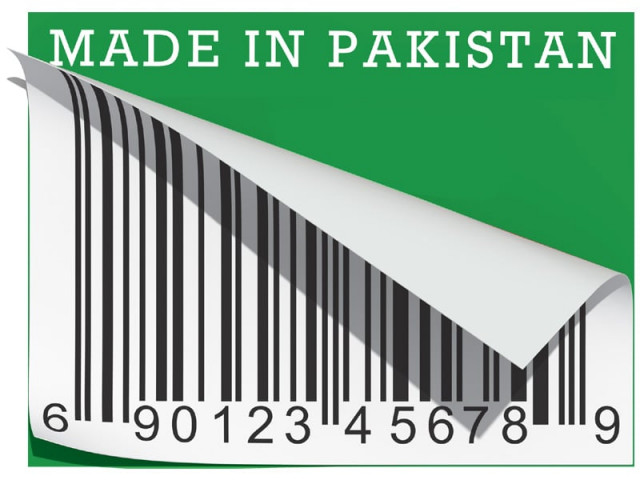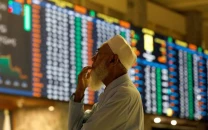Exports rise, but textile industrialists still worried
Commodity prices largely explain bump, rise of domestic brands seen as positive trend.

Textile exports, the single largest category of goods Pakistan sells to the rest of the world, rose by a handsome 20% over the year 2011, but nearly every textile industrialist who spoke to The Express Tribune was worried about the sector’s future.
The reason was simple: while the dollar value of the exports increased by 20% – almost entirely due to rising global commodity prices – the total volume of goods actually leaving Pakistani ports declined by a whopping 36% during the year 2011, according to Rana Arif Tauseef, the chairman of the Pakistan Textile Exports Association, a lobbying group.
In 2011, Pakistan’s textile exports were approximately $12.5 billion, but many in the textile industry fear that unless the government is able to solve the energy crisis, that number could drop to below $10 billion in 2012.
Despite the recent bleak news, however, exports had been doing rather well up until September. In October textile exports dropped by 14% compared to the same period in the previous year, followed by a 19% drop in November, according to the Federal Bureau of Statistics. The drop came largely owing to the exacerbation of the economic crisis in Europe, Pakistan’s single largest market for exports.
Yet many of the structural problems within the domestic sector remained. The single biggest problem for many of the industries – particularly in Punjab – has been the shortage of electricity and gas. Power outages for up to eight hours a day have crippled industries, forcing factories to lay off thousands of day labourers.
Meanwhile, some of the larger textile units that could afford to run their own power generation units using gas must now face rationing, which causes their gas supply to be cut off for up to four and a half days a week. In the past week, that policy has just been revised, with industries in Punjab now not receiving any gas at all for an indefinite period of time.
According to Tauseef, up to 600 textile mills have already shut down across the country and many more are already expected to follow suit.
Yet many independent analysts also criticise the textile sector in Pakistan for not having done enough to improve global competitiveness. Much of the industry is still stuck in producing commoditised products for designers and labels from other parts of the world. Relatively few players have even moved beyond just spinning thread and weaving cloth.
An encouraging trend, however, has been the rise of domestic fashion labels that involve partnerships between textile firms and designers. These have resulted in the proliferation of domestic brands serving virtually every category of buyer. Many analysts forecast that at least some of these brands will eventually succeed in export markets.
Published in The Express Tribune, December 31st, 2011.



















COMMENTS
Comments are moderated and generally will be posted if they are on-topic and not abusive.
For more information, please see our Comments FAQ